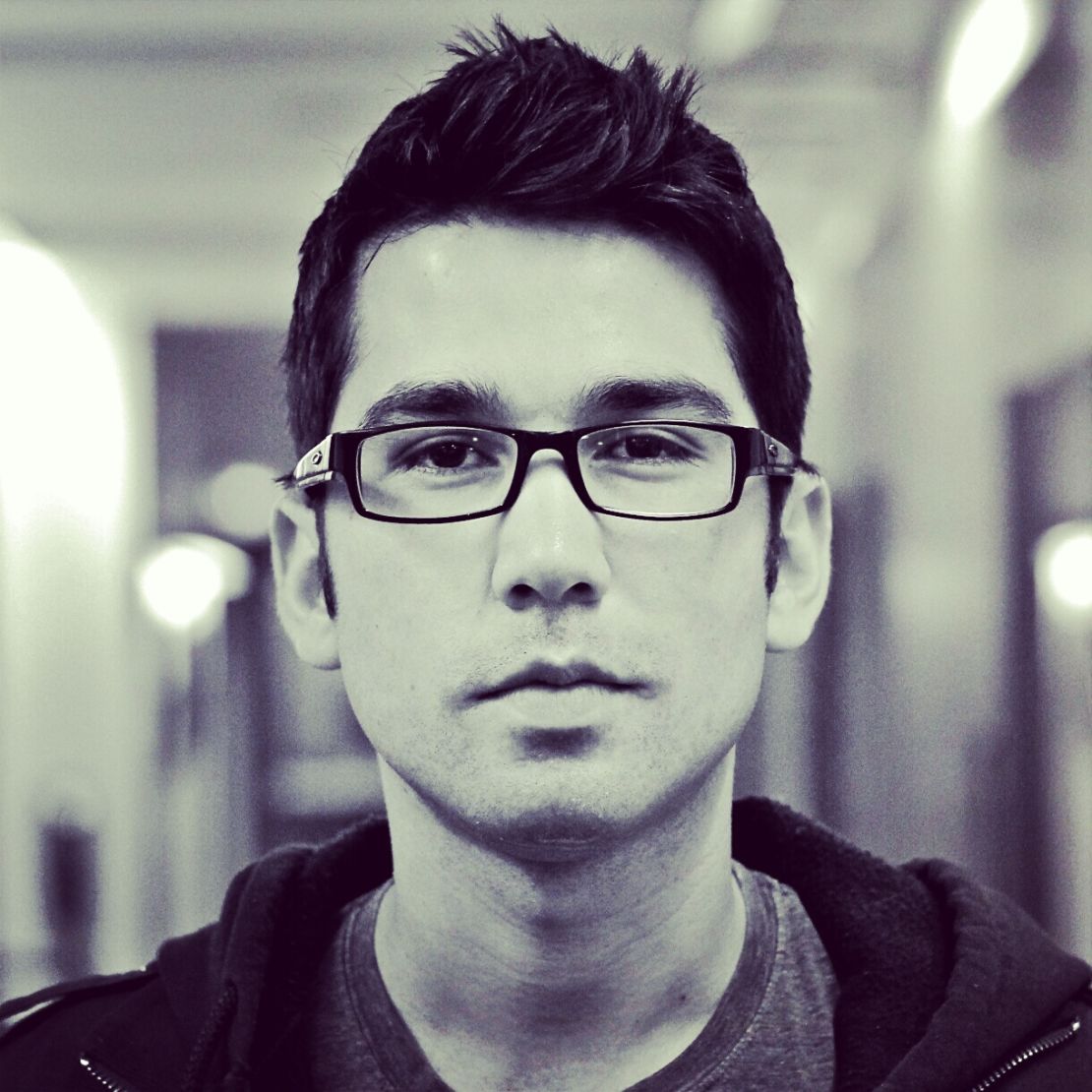Editor’s Note: Simon Moya-Smith is a citizen of the Oglala Lakota Nation and a writer living in New York City. He has a master’s degree from the Columbia University School of Journalism. You can follow him on Twitter @Simonmoyasmith. The opinions expressed in this commentary are solely those of the writer.
Story highlights
Simon Moya-Smith: People recognize prejudice, but not against Native Americans
Moya-Smith: Hollywood, Thanksgiving inspire "playing Indian" caricatures
He says "redskins" is a racist slur, "braves" and "warriors" are denigrating stereotypes
Moya-Smith: Campaign is on to put real Native Americans in the public eye
I once wondered why we indigenous peoples of North America must break it down when it comes to why something is anti-Native American.
On the whole, people can recognize what’s anti-black, anti-gay, anti-Latino, anti-Asian, and so on: But when it comes to racism directed at Native Americans, we, the first peoples of this continent, are left having to explain why Indian mascots and painting your face red at a Cleveland Indians game denigrate us.
Years of studying and observing this situation have led me to an unfortunate conclusion: People have been conditioned to ignore racism directed at Native Americans.

But, I’m not sure I can consciously blame them … at least not all of them.
Think about it: Thanks to Hollywood, I’m supposed to have long hair, bronze skin and a very limited vocabulary. Courtesy of Thanksgiving and Halloween, it’s possible someone might believe it’s “just in good fun” to dress in faux Native American garb and play Indian. So when I walk in a room, nobody looks at me and sees a Native American. Why? Because people have been conditioned to believe I look, act, and even talk a certain way, and believe playing Indian is OK.
Lo, it’s not.
So here’s the solution: We are going to be seen.
As social media and the web continue to grow exponentially, so too do the voice and face of Native America. The National Congress of American Indians has just launched yet another campaign to put our faces and those of our allies in the public eye.
NCAI’s hashtag, #ProudToBe, is a video and photo campaign that uses the web and demonstrates that we are more than a costume. We are more than a mascot. In fact, the second half of the campaign against the dehumanization of Native Americans in the form of sports mascots is aptly called “#NotYourMascot.” And many of this nation’s leaders have joined in the growing chorus of conscientious objectors who see Indian mascots for what they are: racist.
Senate Majority Leader Harry Reid, Sen. Maria Cantwell, and Washington, D.C., Councilman David Grosso have each been photographed holding signs that read “#ProudToBe Standing With #NotYourMascot.” And, according to the folks at the National Congress of American Indians, more photos continue to stream in.
Grosso, who’s a Washington Redskins season ticket holder, recently told me he predicts the team name will, in fact, be abolished in the next five years.
“Ultimately we’re going to have to right this wrong,” he said. “The word ‘redskins’ has never been used in a positive way. It’s been a racist and a derogatory term since forever.”
Sen. Reid told me: “The degrading team name inflicts pain on Native American populations. The name is going to change; it’s only a question of when. The NFL and Dan Snyder have to realize they are on the losing side of history.”
Opinion: NFL may throw flag on N-word, but what about the ‘R-word’?
Several days ago, I was asked: “Why are you picking on the Redskins? What about the Cleveland Indians or the Atlanta Braves?”
First, the term “redskins” is a pejorative, a racial slur.
We are told by our elders that the eastern Algonquian word for woman is shunksqaw, and that “squaw” in the English usage came to signify that part of the woman the settlers wanted during negotiations. It’s a pejorative. It always has been, just like the word “redskins.”
The term “Indian” isn’t a racial slur, even though it’s incorrect; and neither are the terms “brave” or “warrior.”
But that’s missing the point.
When the status of a Native American is demoted to that of a caricature, we are objectified and diminished as a people. We become entertainment, not fellow citizens. How are you supposed to take me seriously if all you see is the stereotypical image of the Hollywood or sports mascot Indian?
Courtesy of the Web, we are no longer out of sight. We are no longer canceled out of the American conversation. Also, more Native Americans live in urban settings than ever before. More than 70% of us work, live and thrive in big cities. Native Americans on reservations have smartphones and laptops, so geographic isolation is slowly becoming a thing of the past as well. And we use these new technologies to speak out against the macro- and micro-aggressions directed at Native Americans.
Today, we are lawyers, doctors, teachers, business owners, professional athletes, artists, and maybe your neighbor next door. We are proud to be Diné, Lakota, Choctaw, Crow, Cherokee, Ojibwe, Cheyenne, Navajo, Zuni, and many more.
And so the momentum builds against the racism aimed at us, leaving the question: Will you tell your children or grandchildren you are on the side of the Native American and allies who believe we deserve the same respect afforded to others? Or will you tell them we were just a group of politically correct Indians and Indian-lovers who were infringing on other people’s privilege?
Right. The Redskins fan, the Indians fan, the Braves fan – they’re upset because they demand said privilege. We’re upset because we demand respect.





